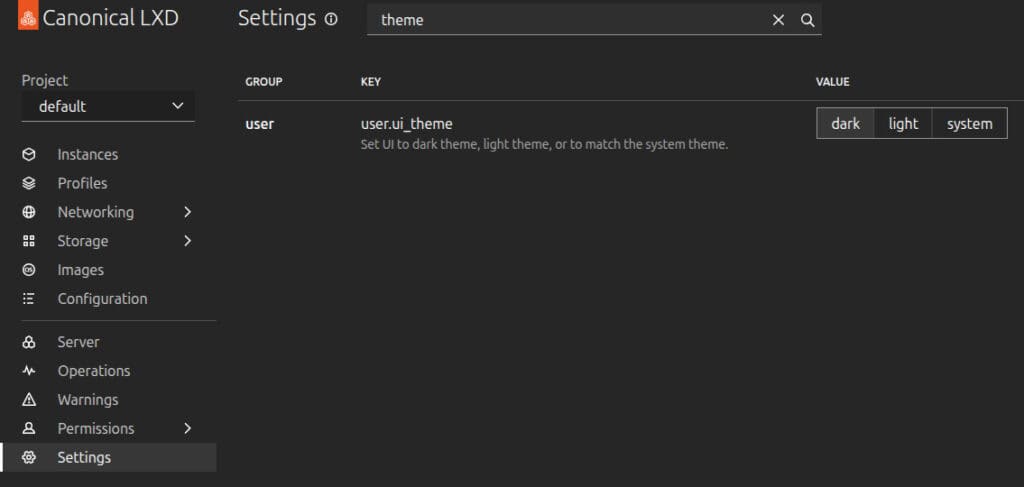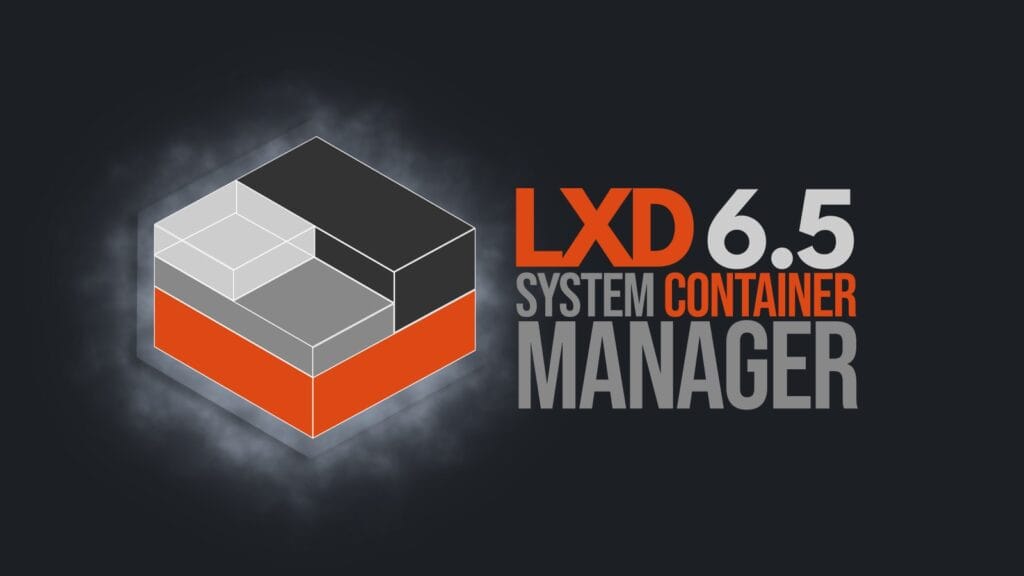LXD, a modern system container and virtual machine manager developed by Canonical, the company behind Ubuntu, has just released LXD 6.5, marking the fifth feature launch in the 6.x series.
One highlight is the newly added control over the virtiofs I/O thread pool size for virtual machines. Users can now configure how many threads virtiofsd uses, boosting I/O throughput, especially beneficial for workloads involving heavy concurrent operations.
The release also introduces enhanced OIDC authentication, specifically the ability to specify a client secret. This allows compatibility with identity providers that require client secrets—Google being a notable example—thus improving authentication security and flexibility.
Another significant update includes PCI hotplugging support, allowing users to add PCI devices to running VMs dynamically. This capability, originating from the Incus project, makes hardware management considerably smoother.
Similarly, VM compatibility has been expanded to support QEMU version 9.1 and above (non-snap versions), laying the groundwork for broader compatibility in future releases.
From a usability standpoint, the new release streamlines image and backup volume handling. The management of custom volume mounts has been improved, removing the need for symbolic links and allowing the same volume to be used for both image and backup storage.
The UI has also seen improvements this time around, including a visually appealing automatic dark mode aligned with system preferences and substantial expansions in UI-based storage and network management.

Storage buckets can now be directly managed from the LXD UI, complete with key management. Networking features, such as macvlan and sriov management, have been added along with enhanced IP address management and detailed ACL logs.
Clustering has also received major improvements, including distinct pages for cluster members and groups, detailed hardware visibility, and better cluster member state handling. Additionally, LXD’s UI now allows direct exporting and importing of custom storage volumes.
However, as part of streamlining and improving maintainability, CRIU support has been removed entirely from the LXD snap, marking the beginning of phasing out this niche feature due to its complexity and limited adoption.
Lastly, dependency updates in the snap package include refreshed versions of key components such as dqlite, NVIDIA container toolkit, QEMU, ZFS, and Go, ensuring a secure and optimized user experience.
For more information about all LXD 6.5, visit the release announcement or check out the full changelog. It is available for download on Linux, macOS, and Windows platforms.
Image credits: Canonical
